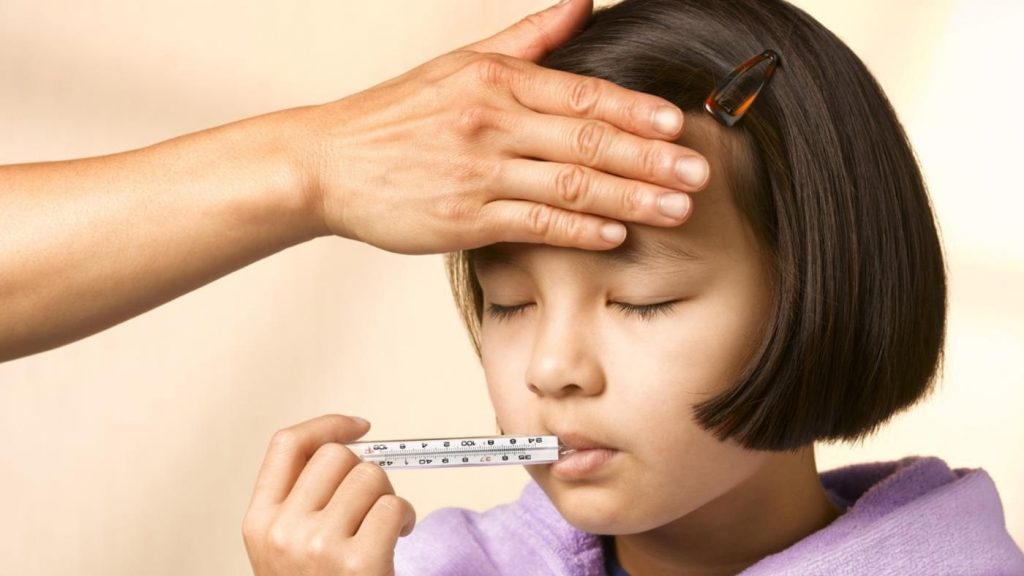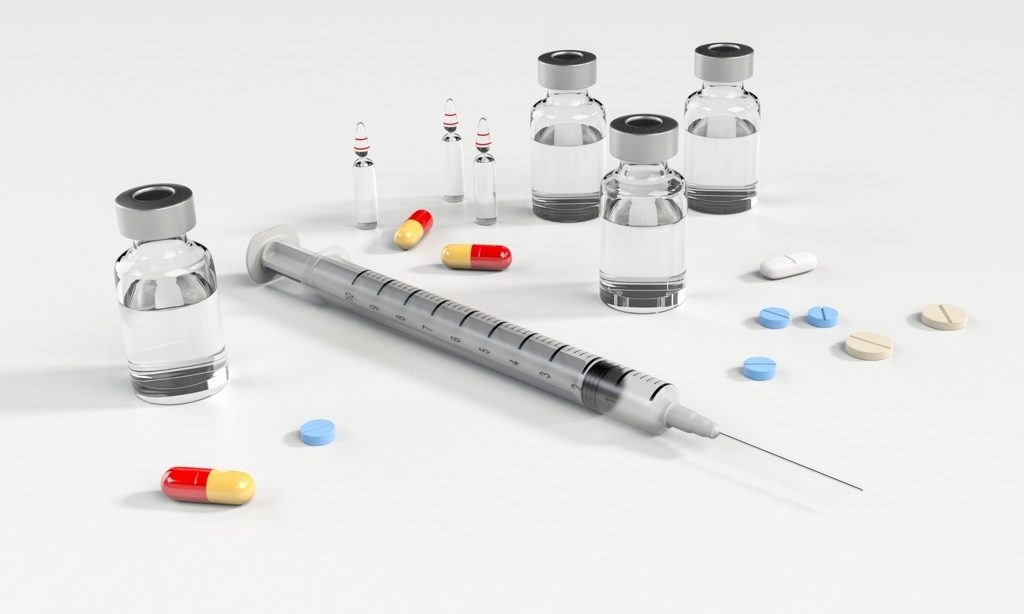Mumps And Its Symptoms, Complications And Treatment

Mumps (also known as mumps) is a contagious disease caused by a virus that passes from one person to another through saliva, nasal secretions and closes the personal contact. The condition mainly affects the salivary glands, also called parotid glands. These glands are responsible for producing saliva.
There are three sets of salivary glands on each side of the face, located behind and below the ears. The characteristic symptom of mumps is the painful swelling of the salivary glands.
Symptoms
Symptoms usually appear within two weeks after exposure to the virus. At the beginning, the signs that appear are usually similar to those of the flu: fatigue, body aches, low fever, headache and loss of appetite.

A high fever of 103 ° F (39 ° C) and swelling of the salivary glands occur during the next few days. The glands may not swell all at once. Usually, they swell and become painful periodically. It is more likely to pass the mumps virus to another person from the time they come into contact with the virus until they swell their parotid glands.
Most people who get mumps show symptoms of the virus. However, some people do not have or manifest very few symptoms.
Complications associated with mumps
Mumps complications are rare, but they can be serious if not treated in time. Mumps mainly affects the parotid glands. However, it can also cause inflammation in other areas of the body, including the brain and reproductive organs.
Orchitis is an inflammation of the testicles that may be due to mumps. You can control orchitis pain by placing cold compresses on the testicles several times a day. Your doctor may recommend prescription pain relievers if necessary. In rare cases, orchitis can cause sterility.
Women infected with mumps may experience swelling of the ovaries. The inflammation can be painful but it does not harm a woman’s ova. However, if a woman gets mumps during pregnancy, she has a higher than normal risk of having a miscarriage.
Mumps can cause meningitis or encephalitis, two life-threatening conditions if left untreated. Meningitis is the swelling of the membranes that surround the spinal cord and the brain. Encephalitis is inflammation of the brain. Contact your doctor if you experience seizures, loss of consciousness or severe headaches while you have mumps.
Pancreatitis is inflammation of the pancreas, an organ in the abdominal cavity. Mumps-induced pancreatitis is a temporary condition. Symptoms include abdominal pain, nausea, and vomiting. The mumps virus also leads to a permanent hearing loss in approximately 5 out of every 10,000 cases. The virus damages the cochlea, one of the structures in your inner ear that facilitates hearing.
Prevention

Vaccination can prevent mumps. Most babies and children receive a triple viral vaccine (MMR) against measles, mumps, and rubella at the same time. The first MMR vaccine is usually given between 12 and 15 months of age on a routine visit to the pediatrician.
A second vaccine is necessary for children of school age between 4 and 6 years. With two doses, the mumps vaccine is approximately 88% effective. The effectiveness rate of a single dose is around 78%.
Those who work in a high-risk environment, such as a hospital or a school, should always be vaccinated against mumps. However, people who have compromised immune systems, are allergic to gelatin or neomycin or are pregnant, should not receive the MMR vaccine.
When to seek medical help?
If you suspect that you or your child have mumps, consult your doctor. Please inform your doctor’s office before entering that you suspect mumps. That way you will not have to wait so long in the waiting room, possibly infecting others.
Other viruses can infect the parotid glands, causing a disease similar to mumps. Inflamed salivary glands and fever may be an indication of swollen tonsils ( tonsillitis ) or a blocked salivary gland.
Treatment for mumps

Because the mumps is a virus, it does not respond to antibiotics or other medications. However, you can treat the symptoms to feel more comfortable while you are sick. Thus:
- Rest when you feel weak or physically exhausted.
- Apply ice packs to soothe inflamed glands.
- Drink plenty of fluids to avoid dehydration due to fever.
- Take over-the-counter pain relievers, such as acetaminophen and ibuprofen, to reduce fever.
- Eat a soft diet of soup, yogurt and other foods that are not difficult to chew (chewing can be painful when the glands are swollen). Avoid acidic foods and drinks that may cause more pain in your salivary glands.
Mumps usually runs its course in a couple of weeks. Ten days after your illness, you should feel better. Most people who get mumps cannot get the disease a second time. Having the virus once protects you from becoming infected again.














